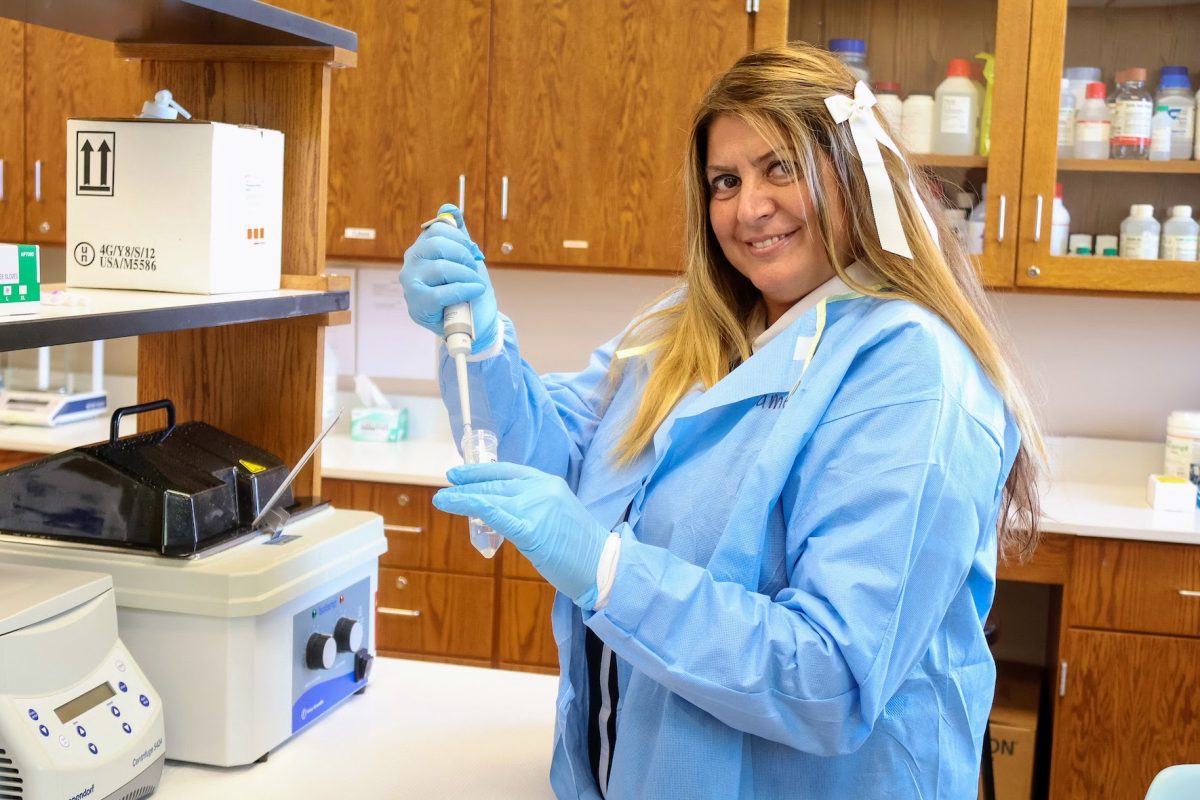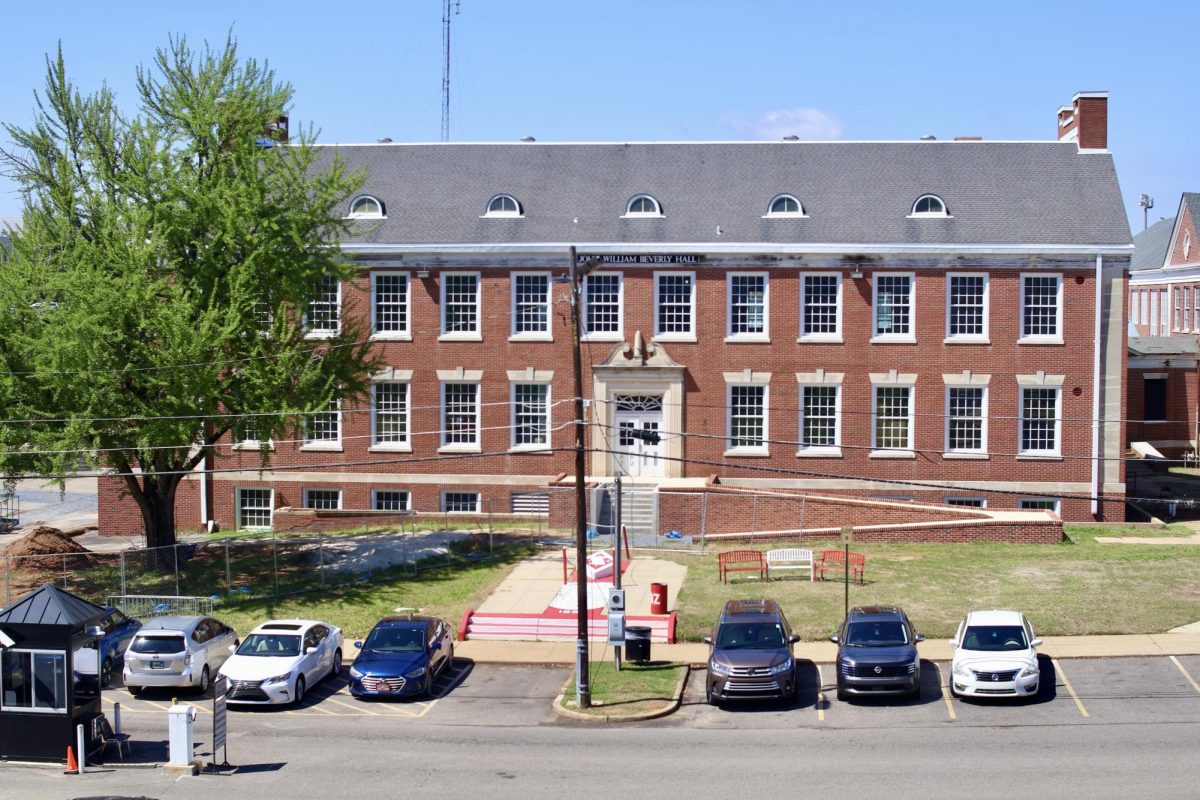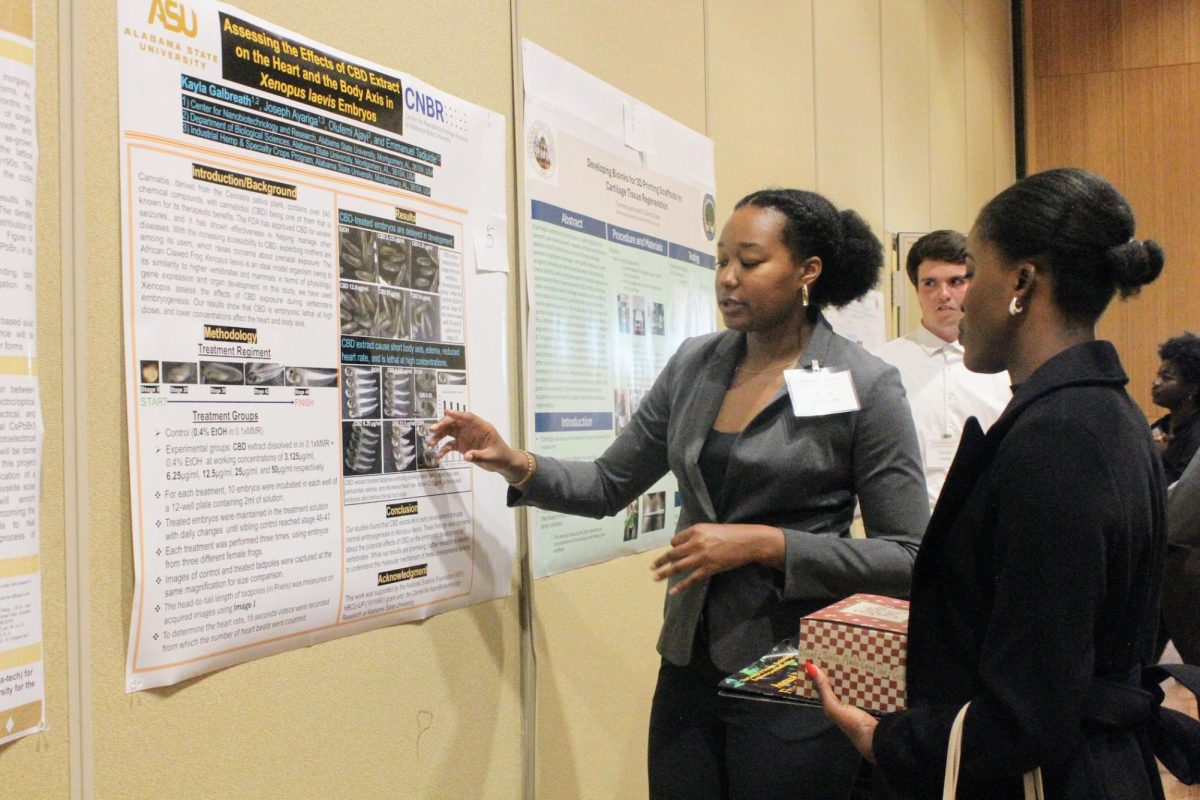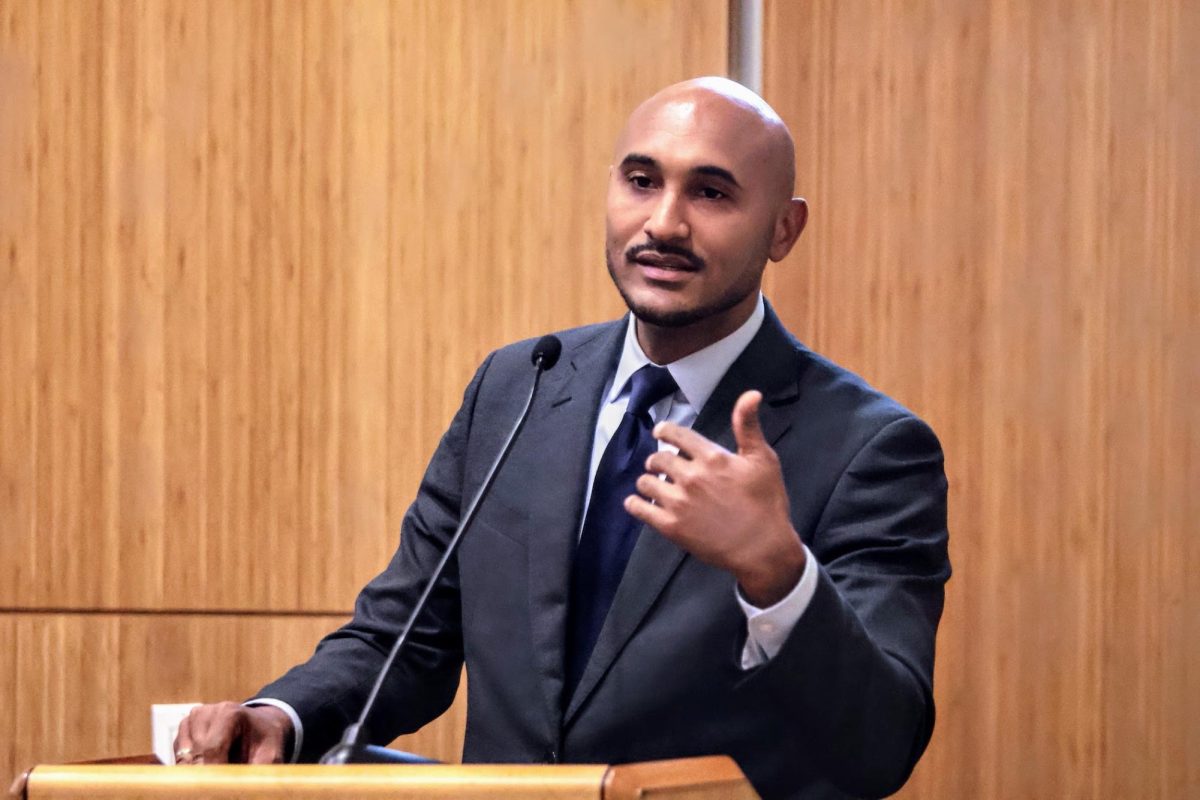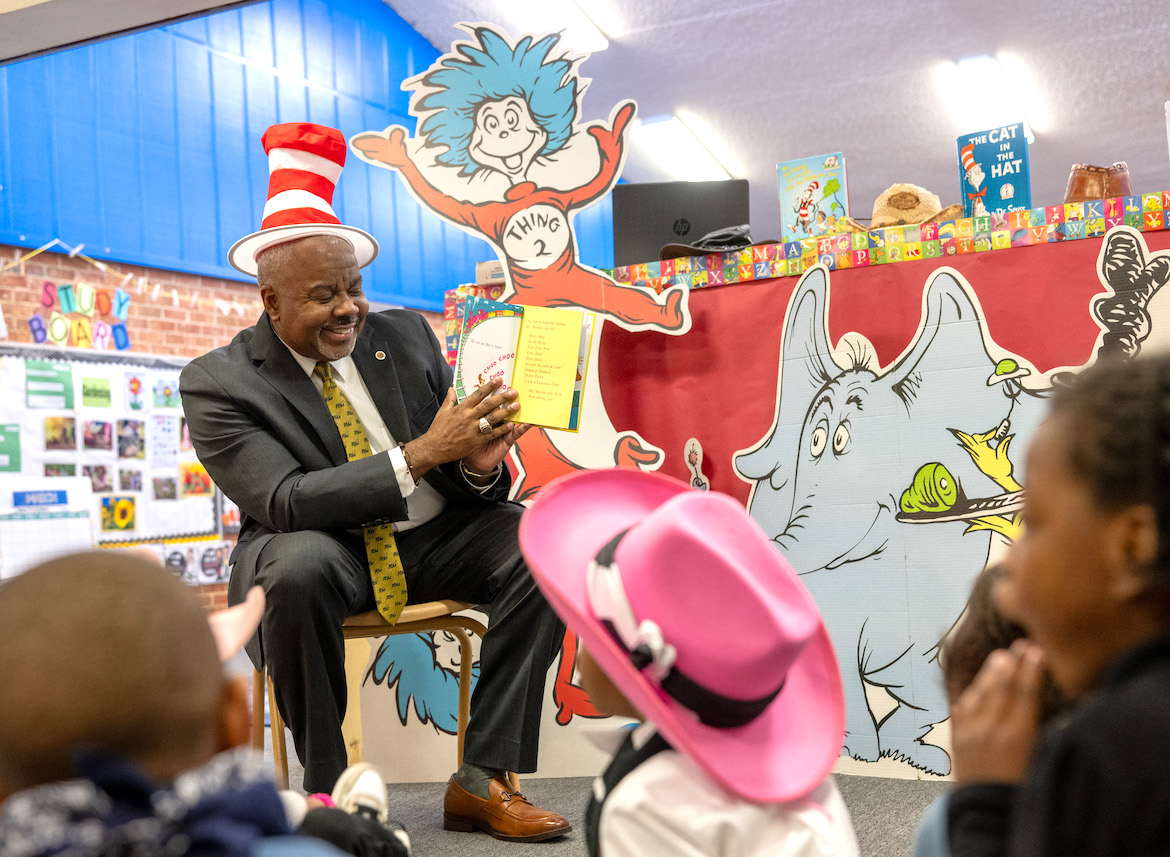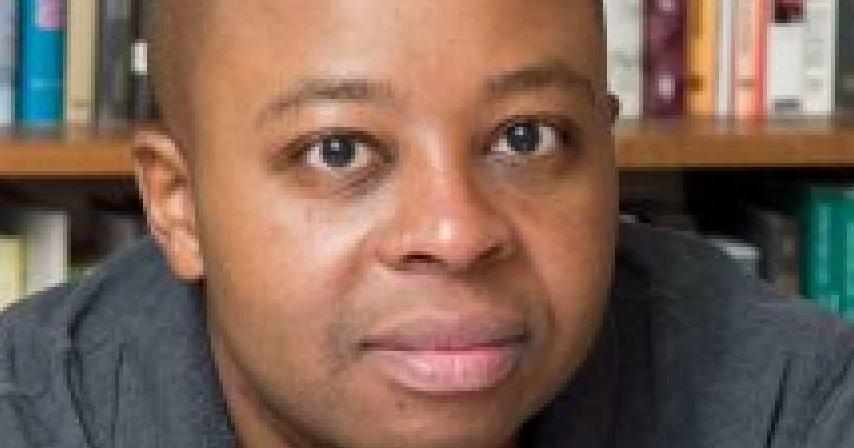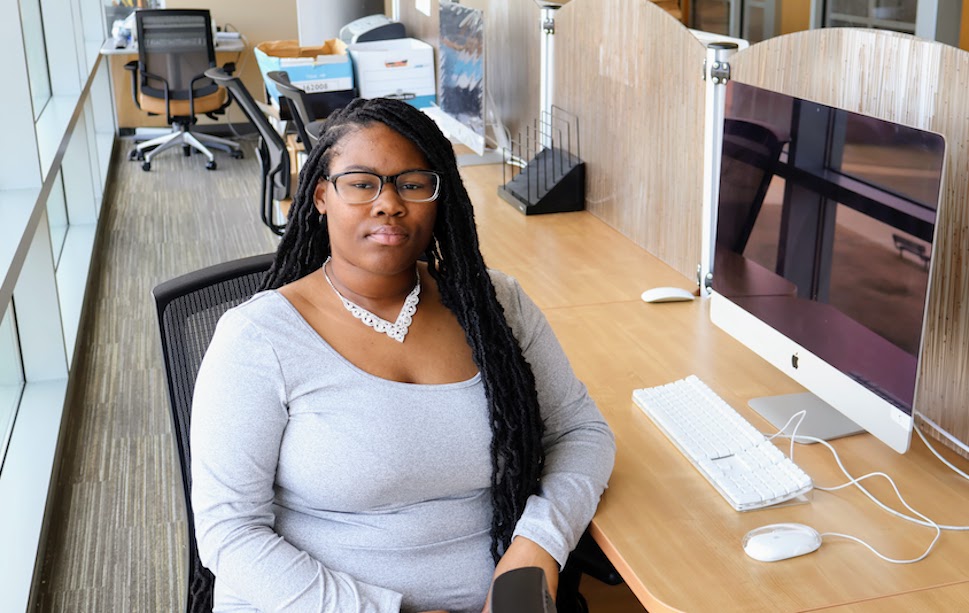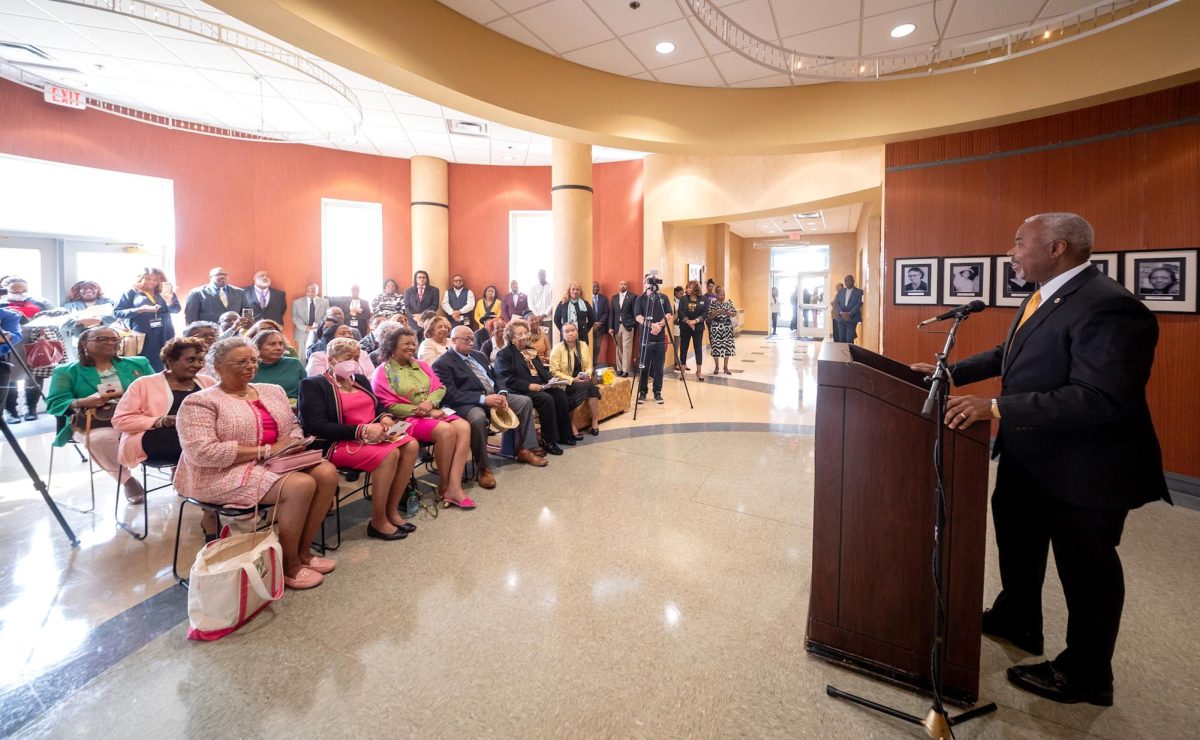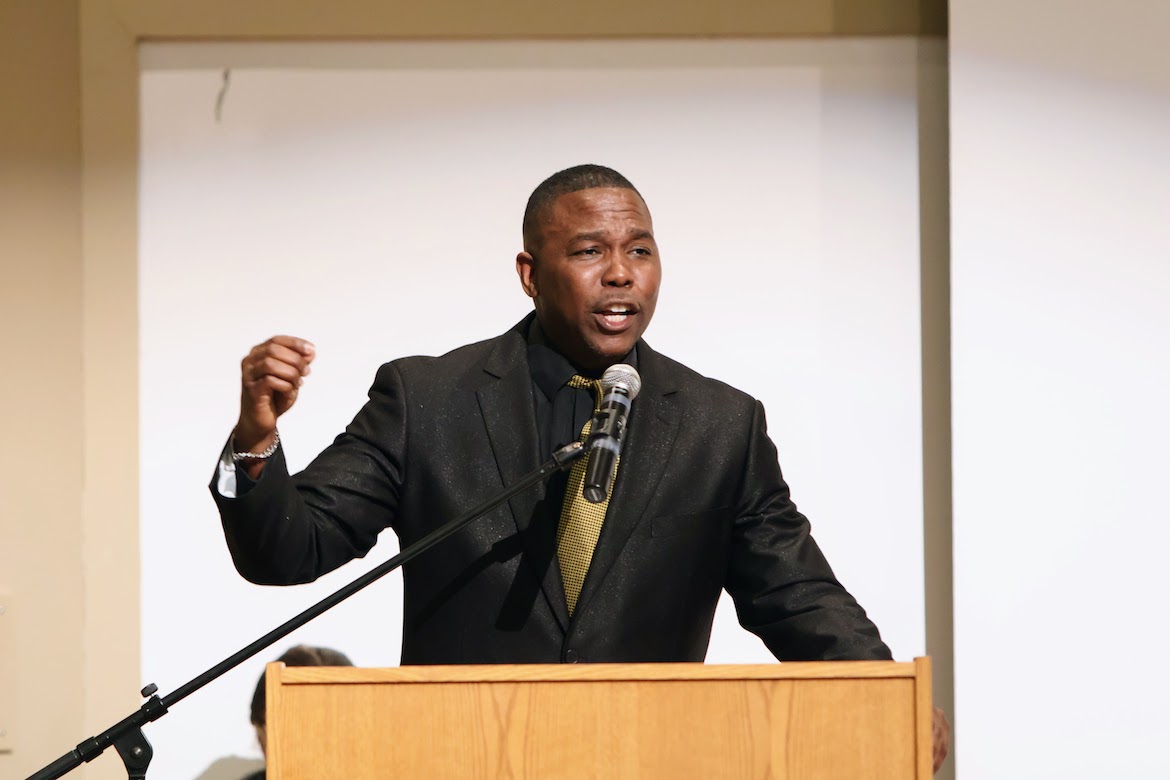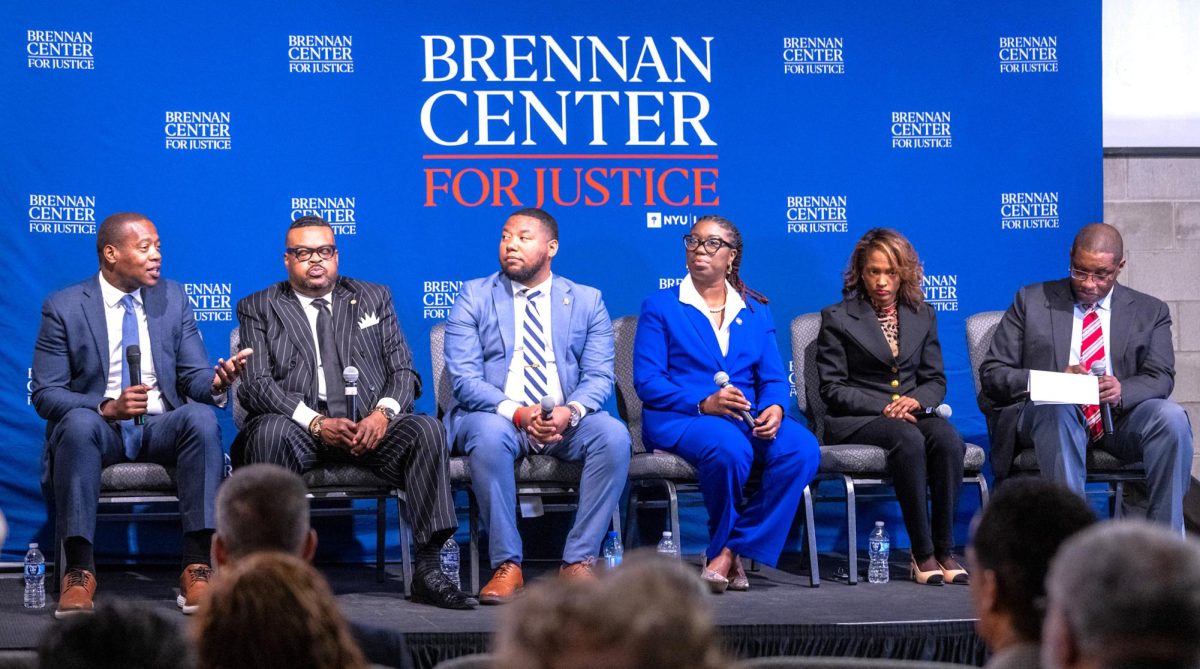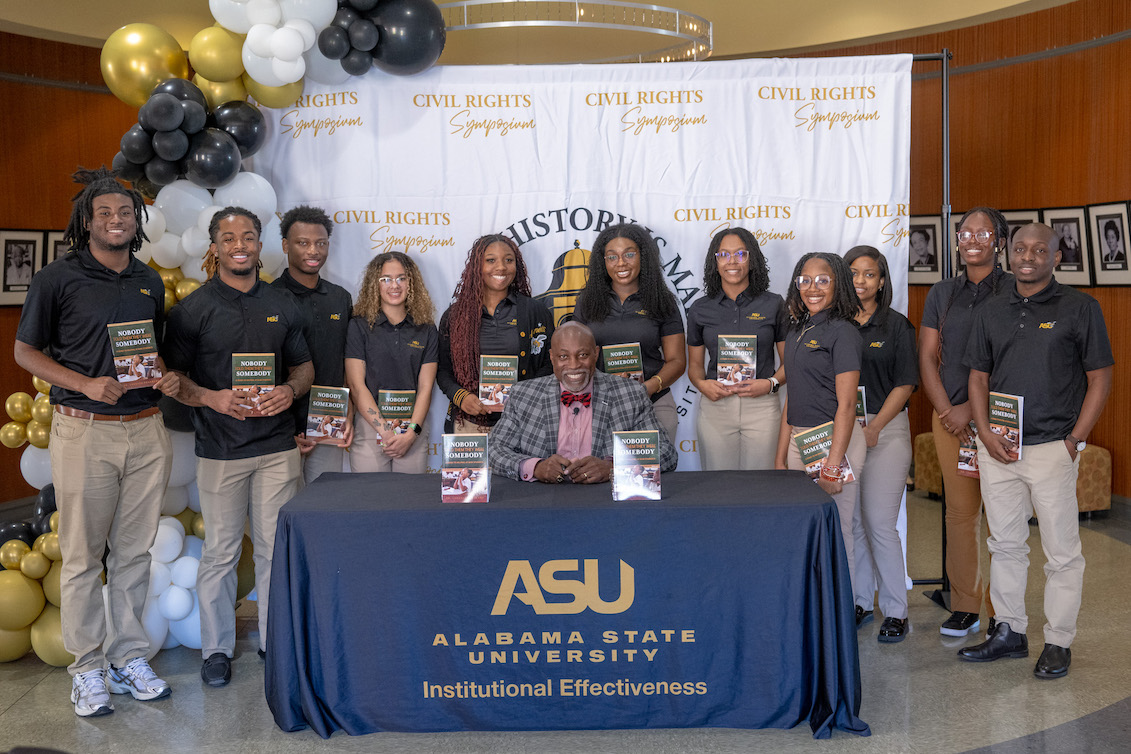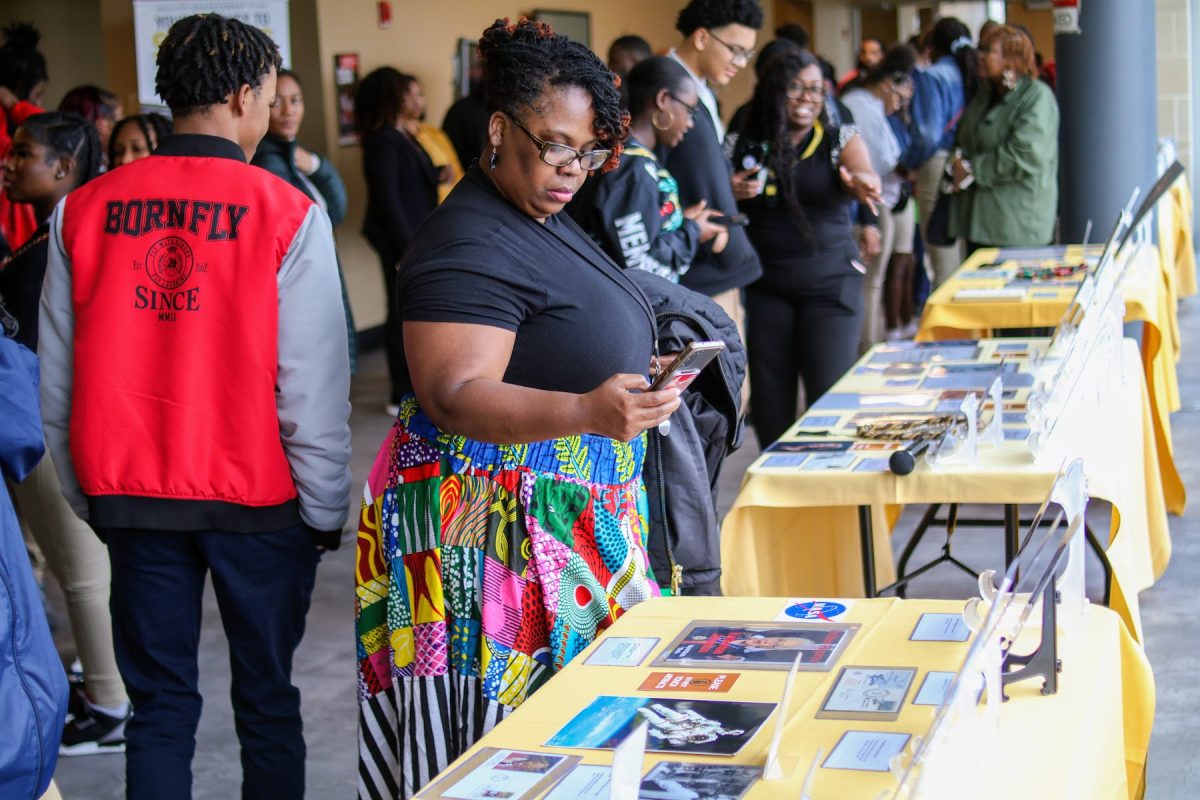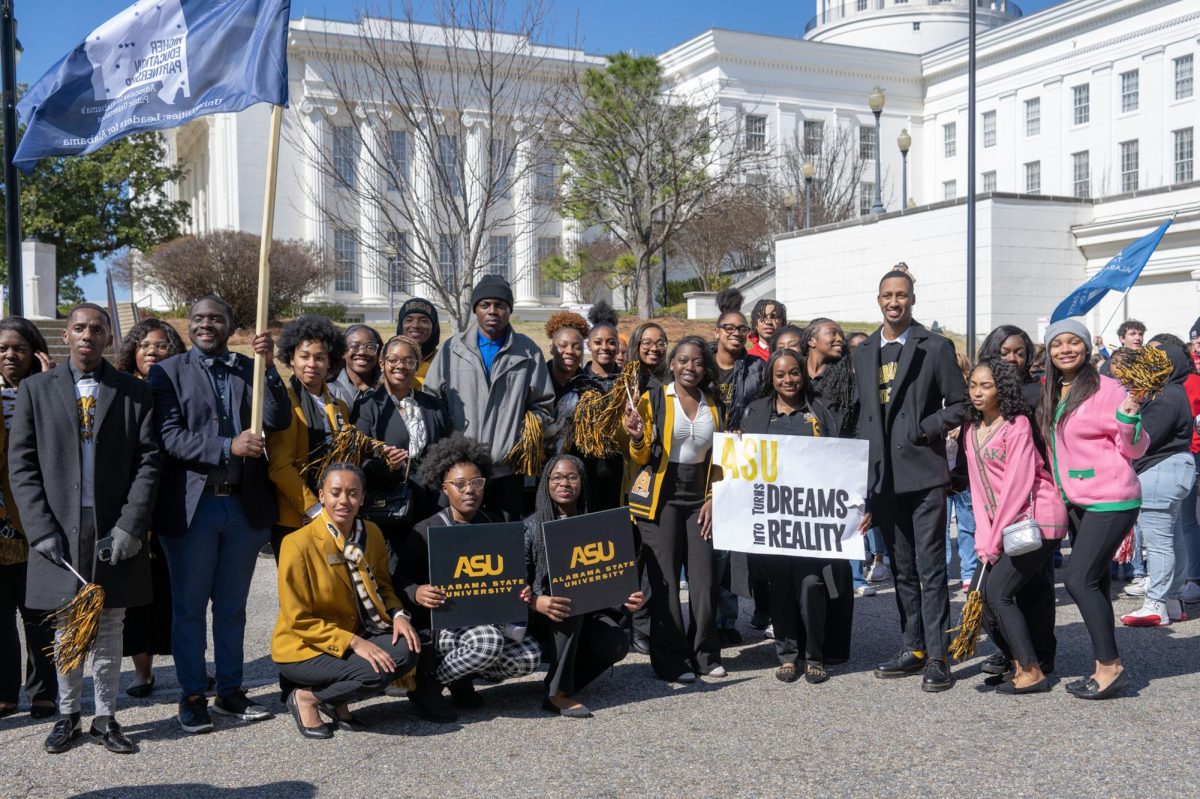The National Science Foundation (NSF) awarded Alabama State University a $1.2 million grant as part of its Robert Noyce Teacher Scholarship Program.
The grant, which spans from 2024 to 2029, aims to address Alabama’s shortage of STEM (science, technology, engineering and mathematics) teachers by recruiting and training future educators in these critical fields.
The grant is led by Gulnaz Javan, Ph.D., a forensic science professor and coordinator of the university’s forensic biology program.
“Normally, my research is much more focused,” Javan said. “I collected national and international cadavers to help determine the cause and time of death. But this current grant is a little bit different. This time, my focus is on supporting students rather than research.”
Javan’s goal with the NSF grant is to recruit and train eight STEM teachers each year from among students aiming for a master’s degree in biology, mathematics and forensic science.
“My goal each year is to recruit eight STEM teachers,” she explained. “We will focus on graduate students in our two-year programs and ask them if they are interested in becoming STEM teachers. If they are, we will support them through the Noyce scholarship, that covers their tuition and provides a stipend. After finishing a one-year program and completing several workshops, they will be eligible to become STEM teachers.”
The program requires participants to work in public schools for a few years after completing their training, a mandatory service in exchange for the scholarship support.
“It is important to collaborate with public schools,” Javan noted. “When we give this support, it is mandatory for participants to complete their teaching requirement in a STEM field, in any school they choose.”
The grant, which officially began Sept. 15, has the potential to be renewed for additional five-year terms based upon the success of the program.
“If you recruit more STEM teachers, the grant can be renewed three or four times, perhaps even until I retire,” Javan said. “If we are successful in recruiting STEM teachers, this grant could last for a long time.”
Anthony Broughton, associate dean for the College of Education, sees this grant as a way to address both gender and diversity gaps in STEM education.
“I think it’s an opportunity to close the gender gap and also the diversity gap in the field of STEM,” he said. “We know that only 35% of the STEM field is female. By certifying more teachers, particularly teachers of color, we can help close these gaps and inspire more students from diverse backgrounds to pursue STEM careers.”
Broughton also emphasized the importance of representation in STEM education, sharing his own experience of being inspired by his 11th-grade STEM teacher.
“As a Black male scholar, I was not interested in STEM until I had my first STEM teacher in high school,” he said. “Having the representation of people of color in STEM encourages young scholars to believe they can make an impact in the field.”
Broughton highlighted the particular challenges faced by Alabama in recruiting STEM educators, noting that the shortage of qualified teachers becomes more pronounced in specialized fields.
“The shortage gets larger when you get down to specific content areas,” he explained. “We do not just need more teachers; we need highly qualified teachers. This grant addresses the diversity gap and the skill gap by ensuring that content experts are teaching these future educators.”
Javan, along with collaborators Daniel Williams, the interim graduate program director, and Roberto Reed, who will lead the Praxis workshops, are committed to making the program a success.
“This grant has been two years in the making,” Javan said. “We received a capacity-building grant two years ago, and since then, we have worked every week, even through the summer, to write this grant. It is a collaborative effort, and now, we are excited to begin recruiting the next generation of STEM teachers.”
With the support of this NSF grant, the university is taking a significant step toward reducing the STEM teacher shortage
“We are building the quality of education in STEM,” Broughton said. “We are confident that these future teachers will know not only the content but also how to teach and translate it effectively.”


